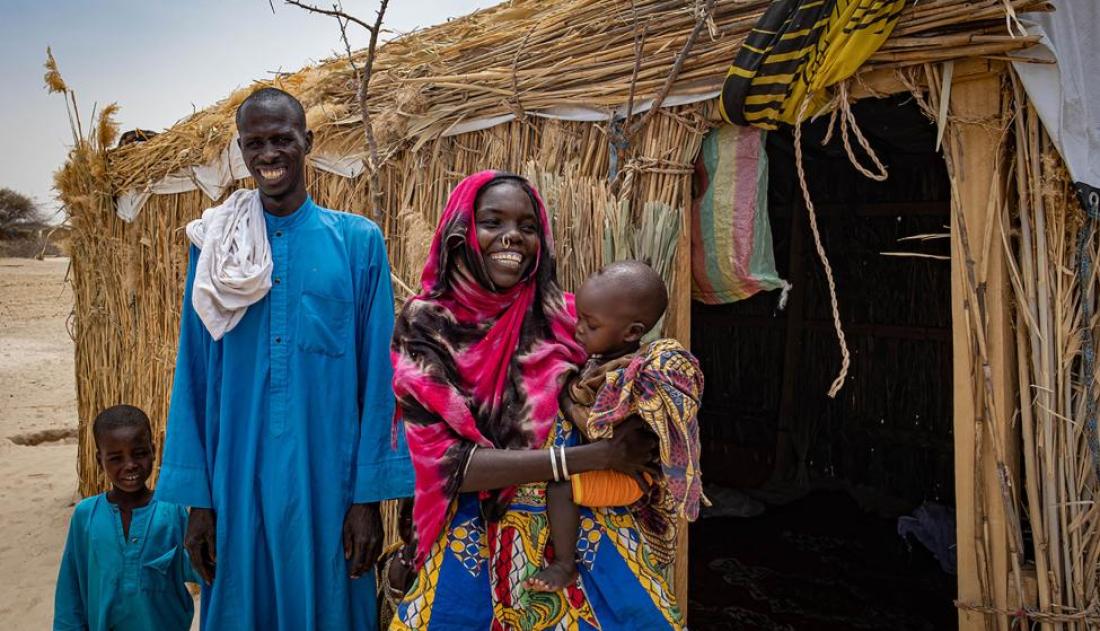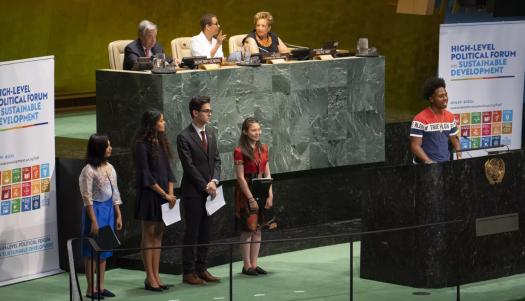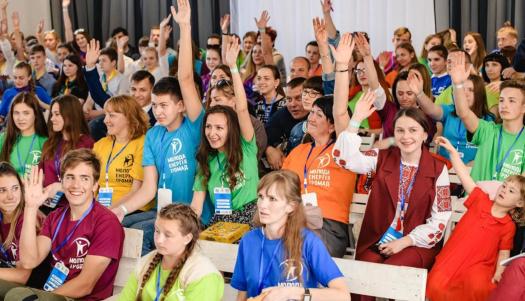
As part of the preparations for the thirtieth anniversary of the International Year of the Family, the report focuses on analysis of demographic trends and their impact on families and family-oriented policies. With regard to fertility decisions and maternal mortality reduction, the Secretary-General recommends provision of quality education, ensuring access to reproductive health services and family planning and investment in health-care facilities in remote areas.
In terms of work-family balance, the Secretary-General suggests investing in flexible working arrangements, parental leave and high quality and affordable childcare. With regard to ageing, recommendations are offered on social security and pensions, family-based care systems for older persons and institutional health-care provision, especially long-term care. Moreover, the importance of investment in intergenerational facilities, such as intergenerational shared sites and multigenerational living arrangements, is emphasized.
The Secretary-General furthermore describes the current state of preparations for the observance of the thirtieth the anniversary of the International Year of the Family at all levels.
 Welcome to the United Nations
Welcome to the United Nations


